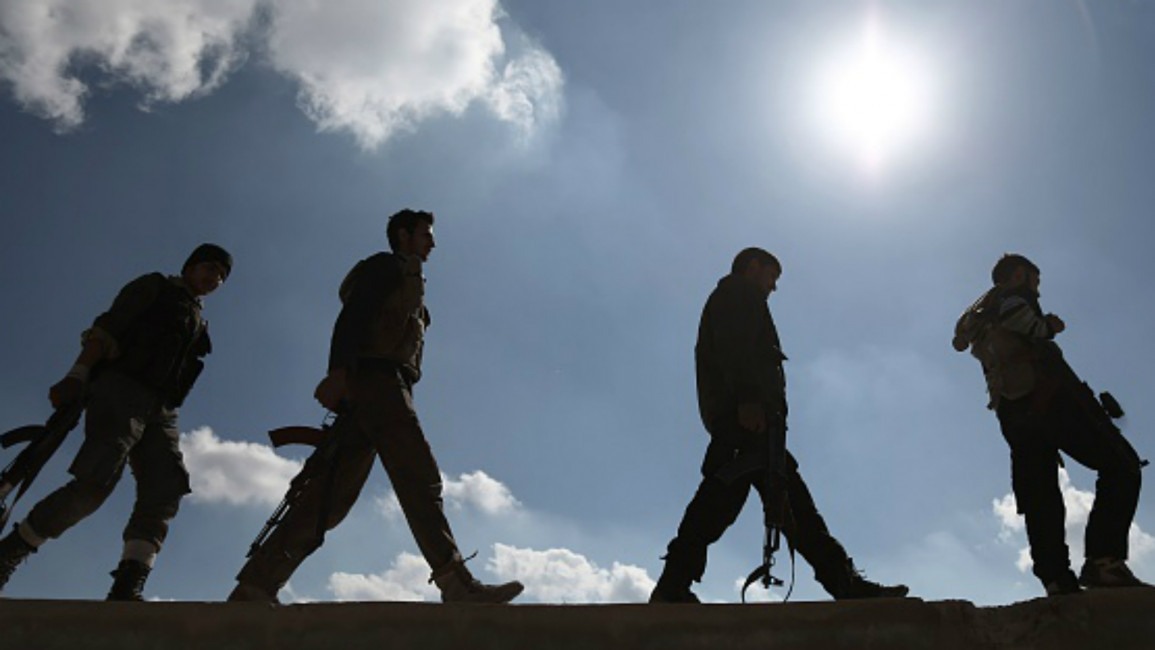Number of Islamic State fighters drops, says US-led coalition
US intelligence estimated the number of IS fighters at 20,000 to 25,000. But the group will struggle to maintain this figure because of financial losses.
The extremist group's recruitment of child soldiers, increased forced conscription and use of elite fighters in common units are signs that the militant group faces a drop in fighters, Steve Warren said.
"We believe that Daesh is now beginning to lose," he added, using the Arabic acronym for IS.
"They have been able to replenish their forces at roughly the same rate as we've been able to kill their forces, but that's hard to sustain."
"Hundreds of millions" of dollars in IS cash have been destroyed in recent months by a series of US-led airstrikes.
Until recently, the average IS local fighter was paid about $400 a month.
Foreign fighters received $600 to $800 a month, as they are regarded as more committed and fanatical.
Fighters' salaries have been reduced and in some cases cut in half.
The group called on residents of Raqqa, its de facto capital city in Syria, to pay utility bills in black market American dollars, the Associated Press reported.
IS has also resorted to releasing detainees for a $500 a person.
"This, to us, is one indicator that these strikes against their ability to generate revenue are beginning to squeeze them a little bit," Warren said.
From a total of 10 US airstrikes against IS cash holdings since October, seven have been in Iraq and three in Syria.
The campaign was intensified over the weekend with a series of five airstrikes near Mosul, in northern Iraq, hitting what Warren described as "two IS financial distribution centres and two financial storage centres".
Separately, the Pentagon said that the air campaign against IS has cost a total of $6.2 billion since it began in August 2014.
The daily cost is now averaging at $11.5 million.



